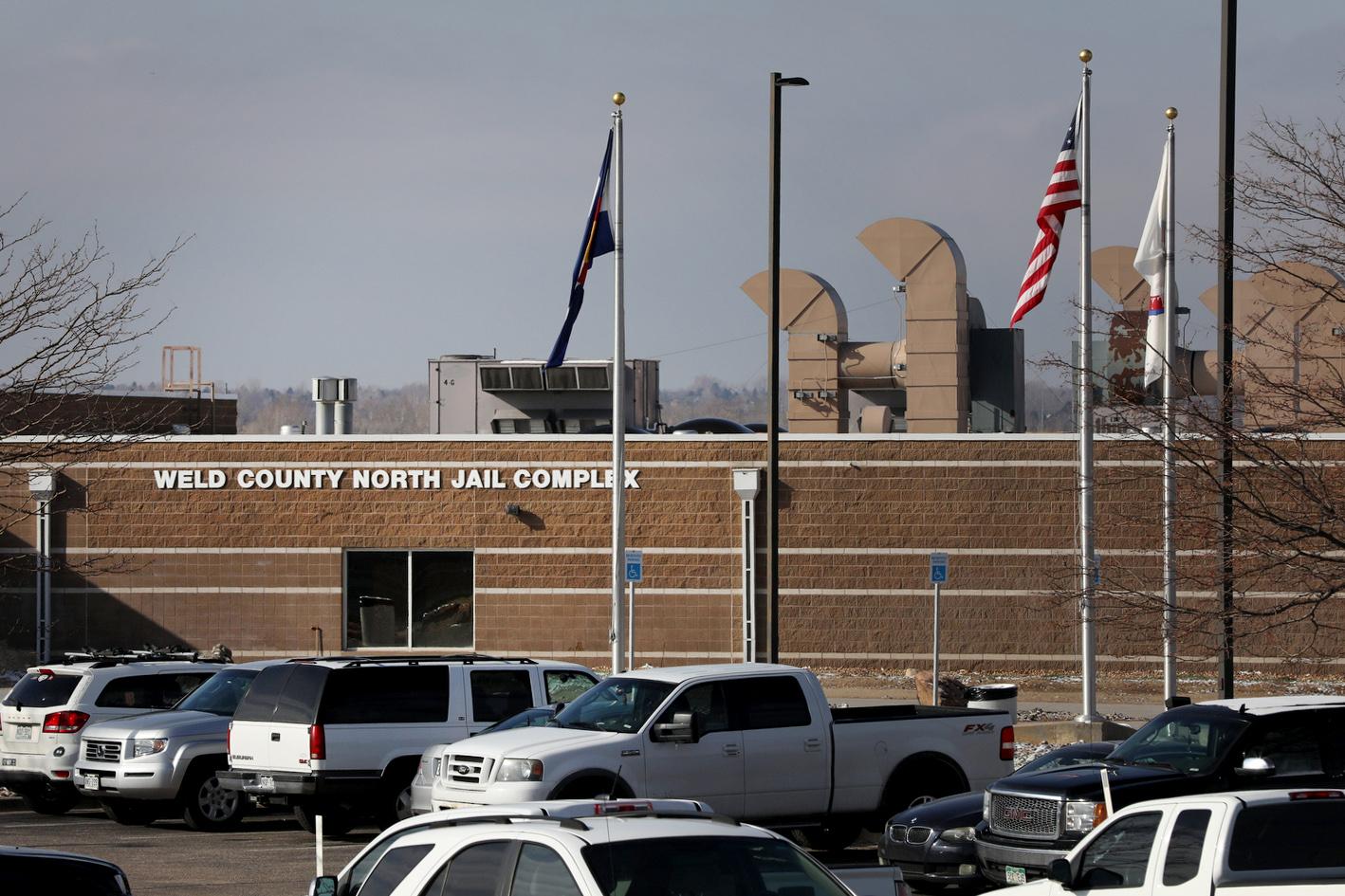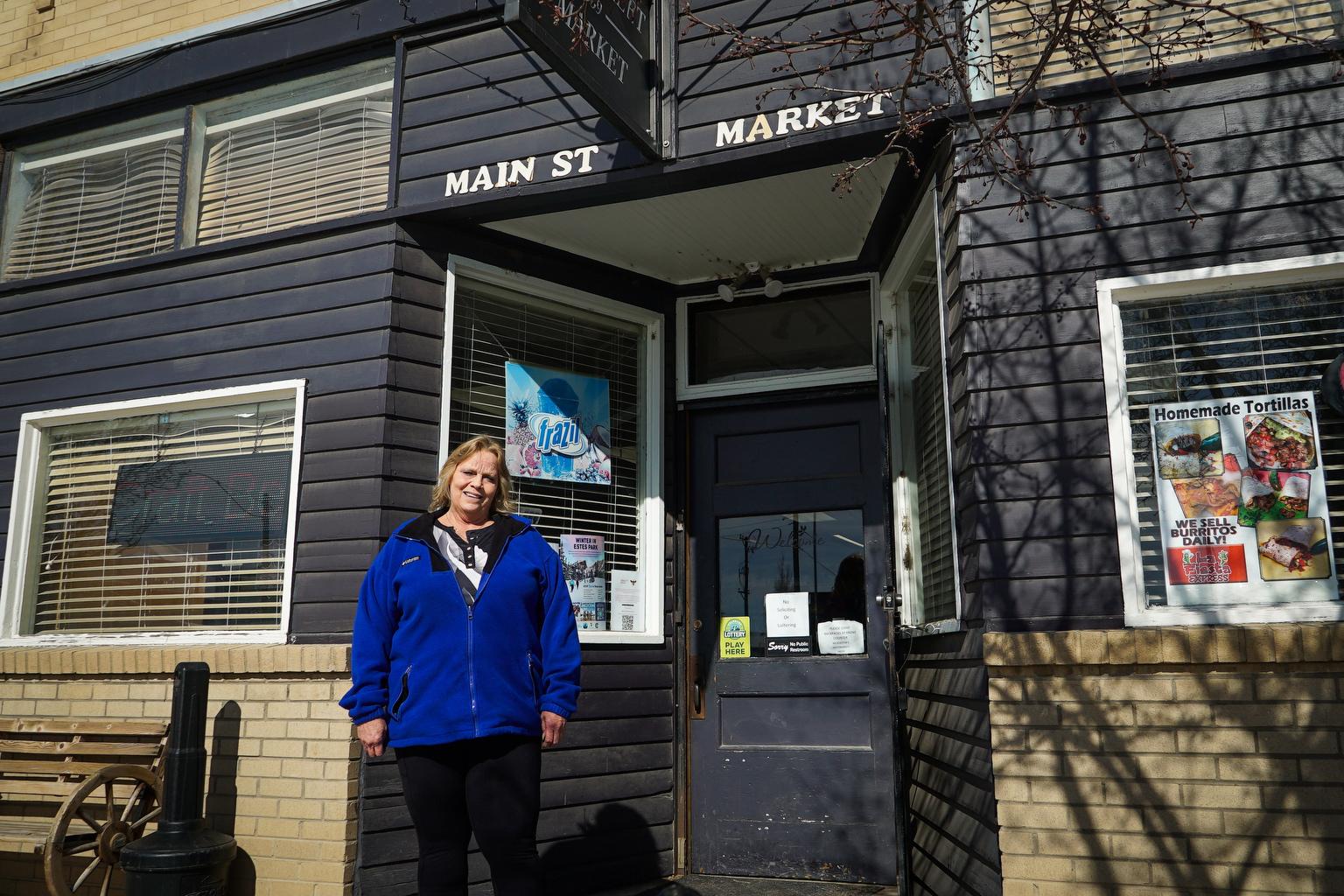
The Weld County Sheriff’s Department has agreed to avoid taking some low-level offenders into custody and do more to safeguard inmates at the county jail from COVID-19, particularly those over 65 and those with pre-existing conditions.
The changes are brought on by the settlement of a class-action lawsuit with the American Civil Liberties Union of Colorado, which sued in April after a Weld County jail inmate with COVID-19 died in custody.
“These are prisoners who the CDC acknowledges are at risk of serious injury to their health or even death,” said the ACLU’s legal director Mark Silverstein.
The agreement, which needs to be approved by a federal judge, is aimed at putting in place remedies to slow the spread of the virus at the jail. It requires staff to identify those who are medically vulnerable when they arrive at the jail and take additional steps, including to house them safely in single cells if necessary.
The sheriff also agreed to limit the jail population by not accepting people charged with minor offenses. Silverstein said a recent report found “no measurable increase in risk to public safety” by making that policy change in other places.
- As Pandemic Worsens, Mask Rules In Jails Vary From County To County
- ACLU, DOC Sign Agreement For How To Treat Prisoners During The Pandemic
- Families Of Non-Violent, Medically Vulnerable Inmates Say The State Needs To Send Them Home
- Families Hold Vigil For Inmates Inside Colorado’s Largest Prison, Home To The State’s Biggest Coronavirus Outbreak
The agreement puts additional measures in place to protect the general inmate population.
“It requires what should be elementary precautions,” Silverstein said. Such as masks issued to prisoners and to guards ... and certain steps if people do test positive and have symptoms [so] that medical people can be on the alert.”
A spokesman for the Weld County Sheriff’s Office declined to comment and said the resolution speaks for itself. A Sheriff’s spokesperson told CPR News last month that all inmates now receive masks and are required to wear them.
Many of Colorado’s jails and prisons have had large outbreaks of COVID-19 that have spread through the inmate population.
Silverstein added that these measures will provide protection for people well beyond the jail’s walls.
“When you're talking about a contagious virus, the health of the people that are detained in the jail is inextricably linked to the health of the staff and the health of the families of the staff and the health of the community, because a jail is not a totally closed and isolated institution,” Silverstein said.
Silverstein said he hopes this will send a message to other jails and prisons in the state to take more precautions to protect inmates from COVID-19.









